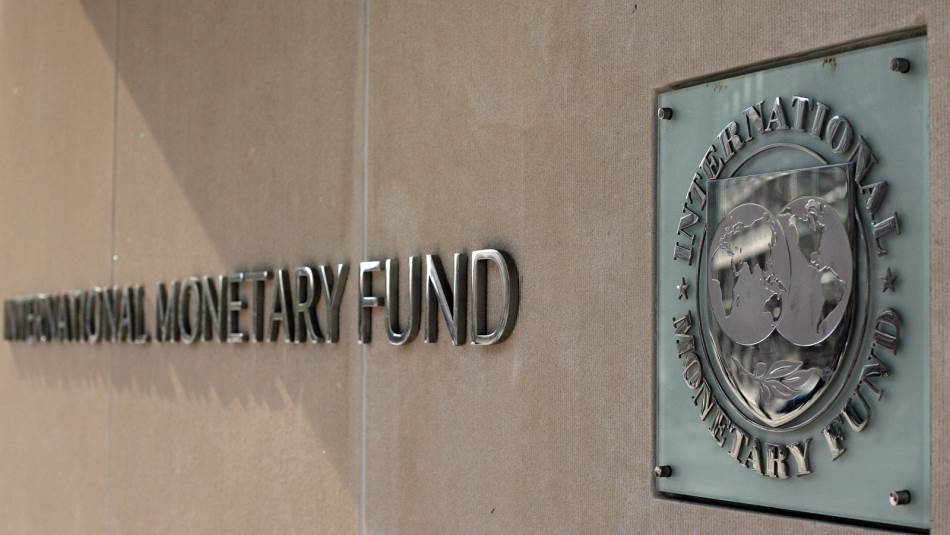Saudi Arabia is considering paying Syria’s overdue debt to the World Bank, amounting to about $15 million, in a move that would pave the way for millions of dollars in grants to support reconstruction and fund the salaries of the country’s overstretched public sector, Reuters quoted three sources familiar with the matter as saying on Monday.
The plan – which has yet to be officially announced – is the first Saudi funding move towards Syria since the new government took office, according to the same sources. The move could signal the beginning of the crystallization of decisive Gulf Arab support for Damascus, after previous initiatives, including a Qatari initiative to fund civil servants’ salaries, faltered due to fears of US sanctions.
In March, Qatar announced a plan to supply Syria with gas via Jordan to improve the country’s electricity supply, a move that sources told Reuters was approved by Washington.
The World Bank’s conditions and Damascus’ cash crisis
The move comes after World Bank President David Malpass confirmed in remarks during a G20 meeting in April that the international financial institution is discussing debt restructuring for a number of troubled countries, including Syria, which cannot benefit from grants or loans without paying off arrears.
Damascus is facing a severe crisis in foreign currency reserves, which has hindered the implementation of a previous plan to repay the debt using frozen assets abroad, two sources familiar with the matter told Reuters today. The World Bank is currently discussing aid to rebuild Syria’s electricity grid and support public salaries, the sources said.
“We do not comment on speculation but make announcements if they become official,” a spokesperson for the Saudi Finance Ministry told Reuters. Neither the Saudi state media office, the World Bank spokesperson, nor Syrian government officials responded to the news agency’s requests for comment.
Upcoming visit to Washington
Meanwhile, Reuters reported on Saturday that Syria will send a high-level delegation to Washington to attend the annual spring meetings of the World Bank and International Monetary Fund later this month, in the first visit by Syrian officials to the United States since Assad’s ouster.
It is unclear whether the delegation will meet with U.S. officials during the visit, and the agency did not confirm whether the two ministers involved in the delegation have already obtained U.S. visas.
Despite the political changes in Damascus, strict U.S. sanctions imposed during the Assad era remain in place. In January, Washington issued a six-month waiver of some sanctions to encourage humanitarian aid, but the decision has had limited impact.
In March, the United States presented a list of conditions to Damascus in exchange for a partial easing of sanctions, but the Trump administration has not shown much engagement with the new Syrian government. According to US diplomats and sources who spoke to Reuters, this is due to the continued disagreement within Washington over policy towards Syria.
This article was translated and edited by The Syrian Observer. The Syrian Observer has not verified the content of this story. Responsibility for the information and views set out in this article lies entirely with the author.


